Cabinet plans action to control finance sector
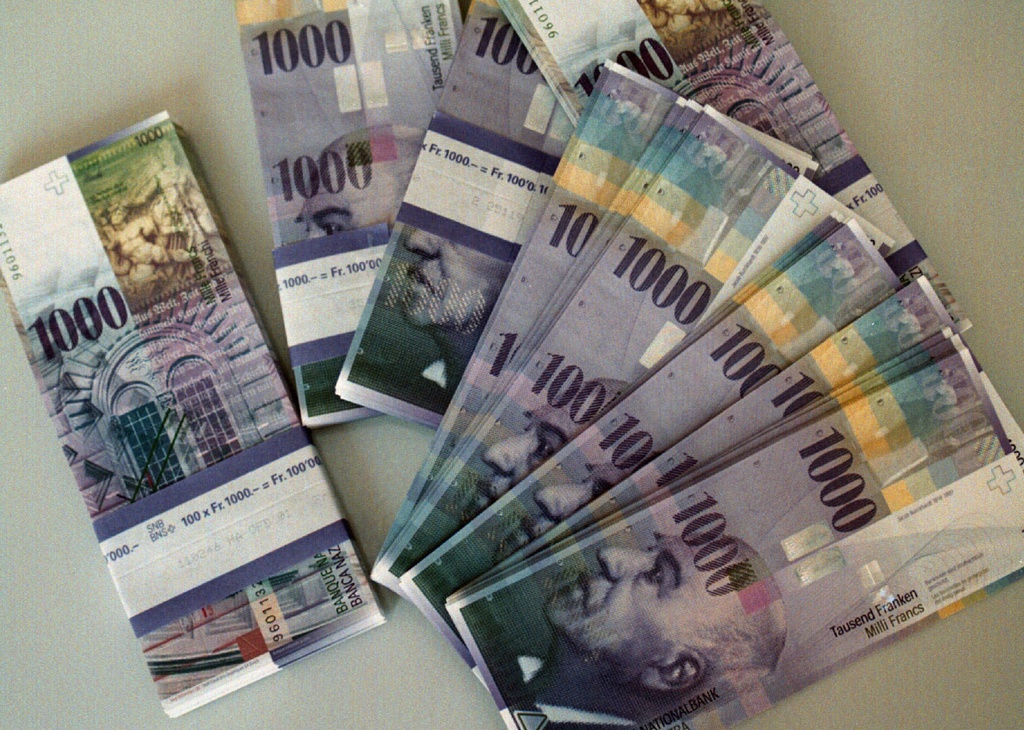
The government has announced measures to tackle salary excesses, in particular the introduction of income tax on bonuses of more than SFr2 million ($1.84 million).
Under plans announced on Wednesday in Bern, banks that needed state support such as UBS would also be subject to increased regulation.
The government also felt there was a “need for action” in containing the problem of companies that are considered “too big to fail”. It wants to have a binding schedule by May for amending banking legislation.
The package is considered a possible way to break the deadlock that risks jeopardising a settlement agreed with the United States last August to end a widely-publicised and damaging tax evasion investigation into UBS activities.
However, in a first reaction, the leftwing Social Democratic party said it was tired of waiting for action and would oppose the settlement if parliament were not allowed to decide now on stiffer rules for banks.
The plans follow mounting public and shareholder pressure over compensation awarded at Switzerland’s two largest banks, Credit Suisse and UBS.
The government has instructed the finance ministry to come up with draft legislation on the two bonuses and regulation issues by autumn.
A third measure concerning bonuses awarded in the form of options is to be sent next month to the relevant parliamentary commissions for consideration.
Finance Minister Hans-Rudolf Merz told a news conference that criticism of excessive bonuses had been “justified”, adding that the issue threatened “social cohesion.”
Micheline Calmy-Rey, Switzerland’s foreign minister, commented that measures to curb bonuses had been so far “insufficient” and had pushed the banks to make risks that had not been properly considered.
Debate
The debate on large bonuses took off in earnest after UBS gave high compensation awards to some top investment bankers, despite reporting its second consecutive annual loss for 2009.
Credit Suisse is also in the line of fire because CEO Brady Dougan is set to pick up more than SFr70 million linked to the expiry of an option plan.
In another measure, the government said it was against a special tax on the financial sector, saying the time was not ripe and it should only be considered if there was international consensus on the issue.
At the weekend, Swiss Finance Minister Hans-Rudolf Merz said that such a tax, which is supported by Britain and US President Barack Obama, would be a hindrance.
“Vague declarations”
Political parties had mixed reactions to the contents of the package.
Social Democrat leader Christian Levrat said his party no longer wanted “vague declarations of intent” on the timetable for action. The measures did not go far enough for the party to vote in favour of the settlement with Washington.
He told the Swiss News Agency that the party had been presenting “moderate” plans for changes for two years. Now was the time for concrete action that included legislation on bank’s capital and liquidity, and a tax on excessive bonuses.
The Greens spoke of “half measures”. Even if they went in the right direction, they were not enough for the party to vote for the settlement with the US.
The Greens also claimed that a tax on banks and reform of banking secrecy were needed to improve Switzerland’s reputation as a financial centre.
The centre-right Radical Party felt that all the plans were positive except for one, the tax on bonuses.
Populist pressure
It accused the government of going too fast because of populist pressure, notably from the Social Democrats. It added that companies could easily get around the proposed tax.
Also on the centre-right of the political spectrum, the Christian Democratic Party regretted that the government wanted to take action only on bonuses and not on all salary components.
Parliamentarian Pirmin Bischof said the package only partially came up to the party’s expectations.
The rightwing Swiss People’s Party has already said it will vote against the UBS tax deal on principle. It is opposed to the settlement going in front of parliament after it had already been reached.
The Swiss Bankers Association commented that it was not against the government plans but said they should apply not only to the finance sector.
If they were accepted, they had to take into account international developments so that the sector would not be at a competitive disadvantage.
swissinfo.ch and agencies
Following the financial crash of 2008 and the subsequent bailout of many global banks using taxpayers’ money, the issue of bonuses has been a hot potato in many countries.
In Switzerland, UBS was the only bank to receive financial aid from the state and this was paid back last year.
The Swiss financial regulator, Finma, has issued new rules on variable compensation that will come into force as of next year. These rules demand a link between compensation and long-term targets and more transparency.
UBS and Credit Suisse have both voluntarily introduced new compensation systems that defer part of bonus payments for three years, which is only paid out if targets are met.
UBS increased 2009 bonuses from SFr1.7 billion in 2008 to SFr2.9 billion last year. Some 60% of this will be deferred for high earning employees. The bank is expected to announce losses of around SFr2.7 billion compared with a SFr21 billion loss in 2008.
Credit Suisse will defer 40% of its SFr6.85 billion bonus pool for 2009. The bank reported a SFr6.7 billion profit last year compared to a SFr8.22 billion loss for 2008.
Bonuses on Wall Street rose 17% to more than $20 billion (SFr21.5 billion) in 2009, according to the New York State comptroller.
In Britain, troubled Royal Bank of Scotland set aside £1.3 billion (SFr2.1 billion) for bonuses despite making a £3.6 billion loss.
Both Britain and France last year introduced windfall bank bonus taxes to reclaim part of the bailout money to the public coffers.
Many executives have bowed to public and political pressure to forego 2009 bonuses or to increase the proportion of shares they received in relation to cash.

In compliance with the JTI standards
More: SWI swissinfo.ch certified by the Journalism Trust Initiative
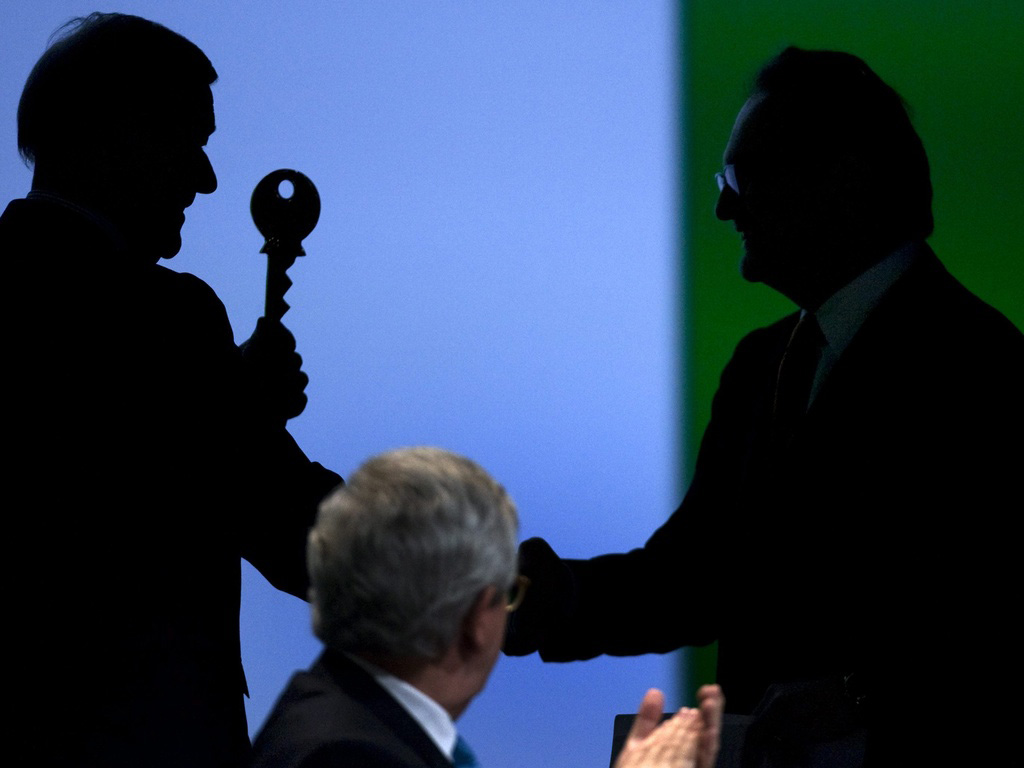
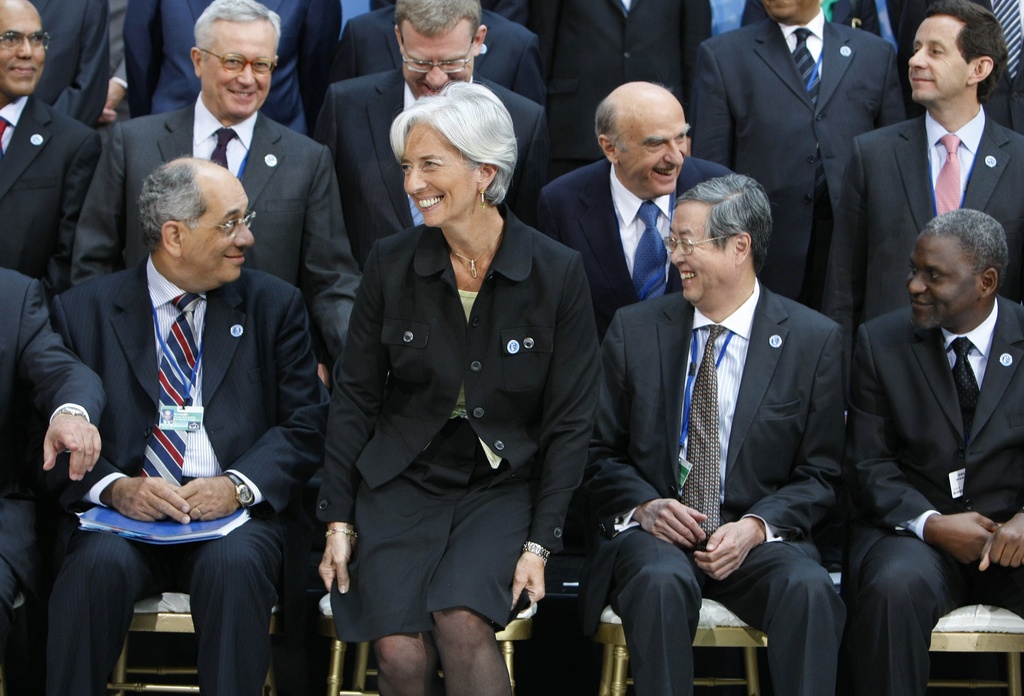
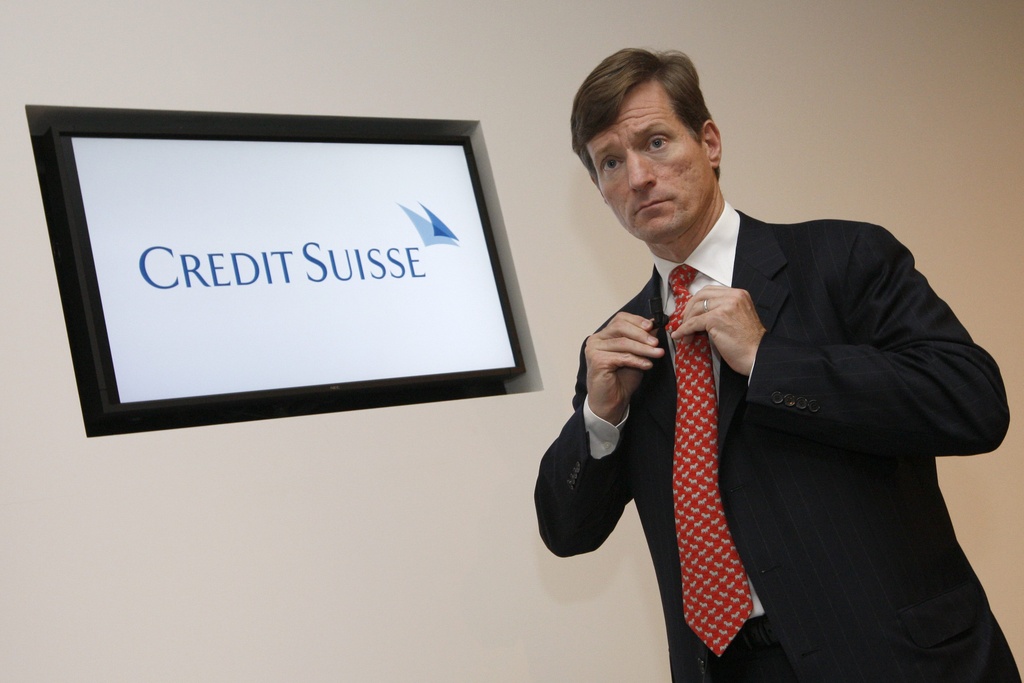
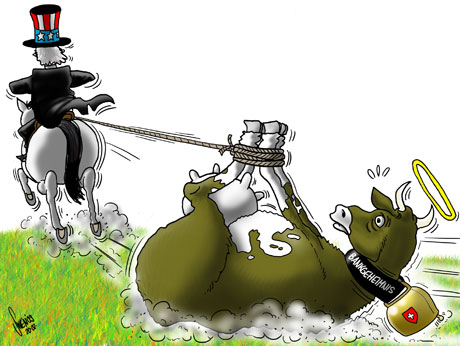
You can find an overview of ongoing debates with our journalists here . Please join us!
If you want to start a conversation about a topic raised in this article or want to report factual errors, email us at english@swissinfo.ch.